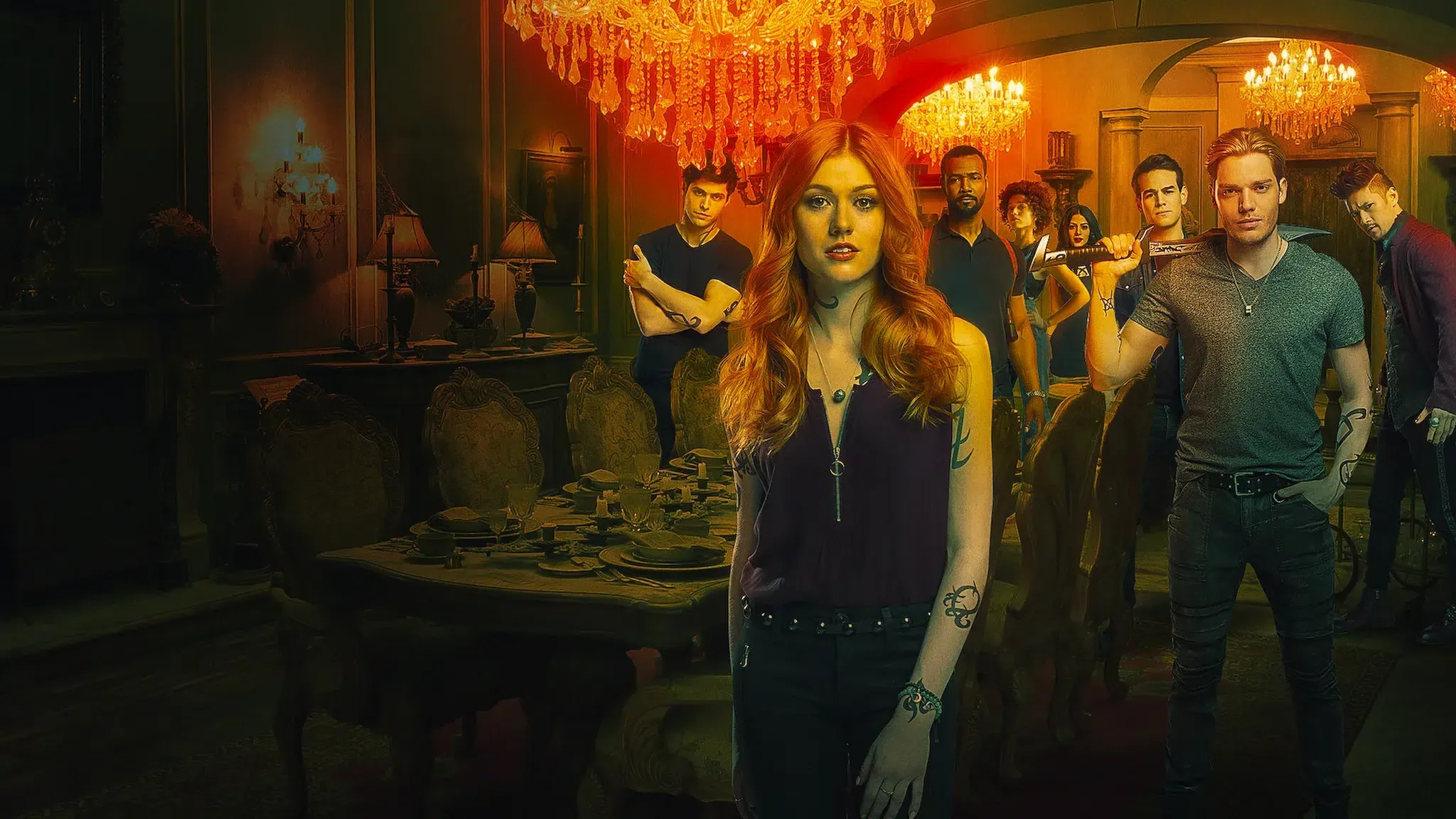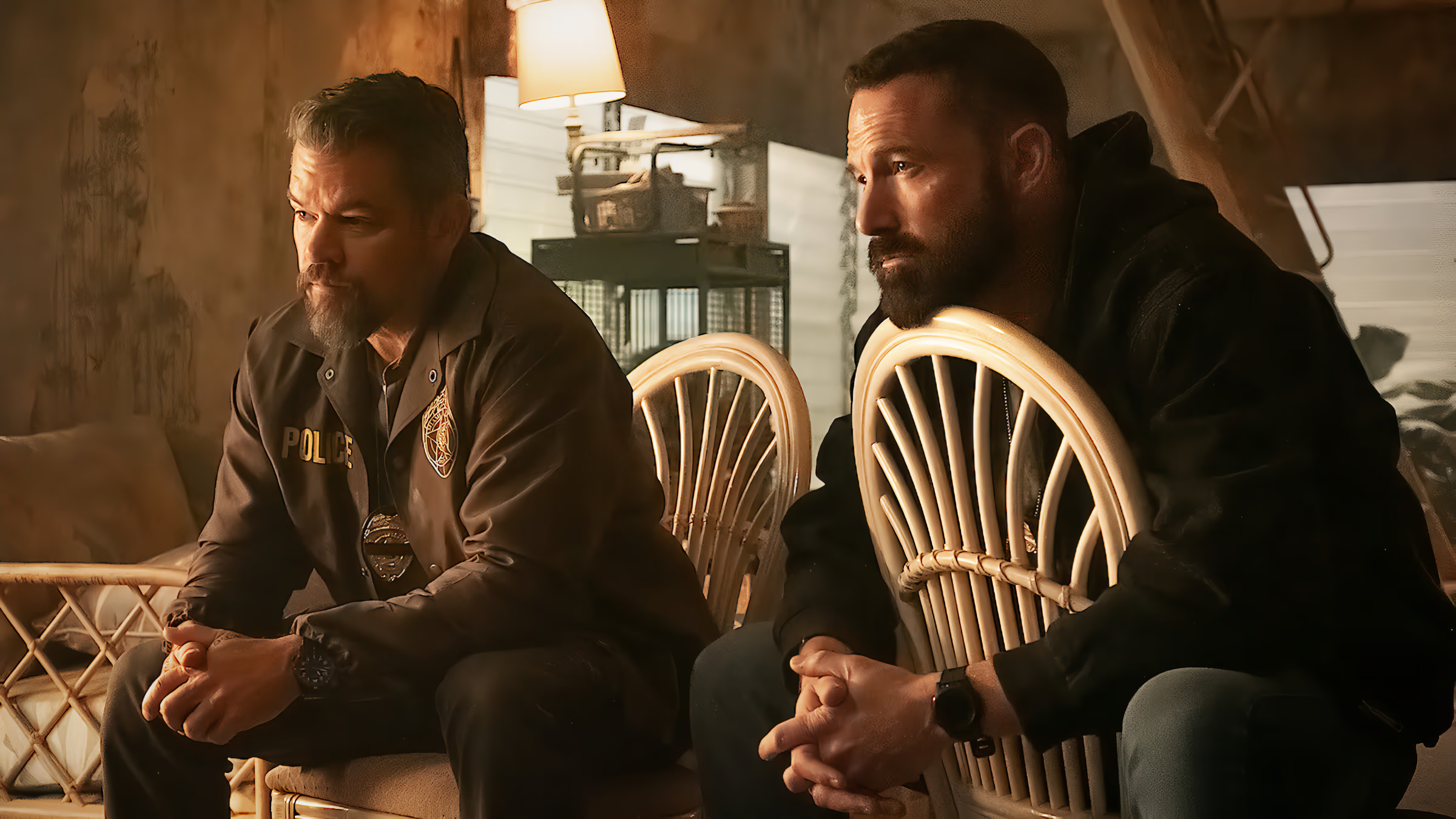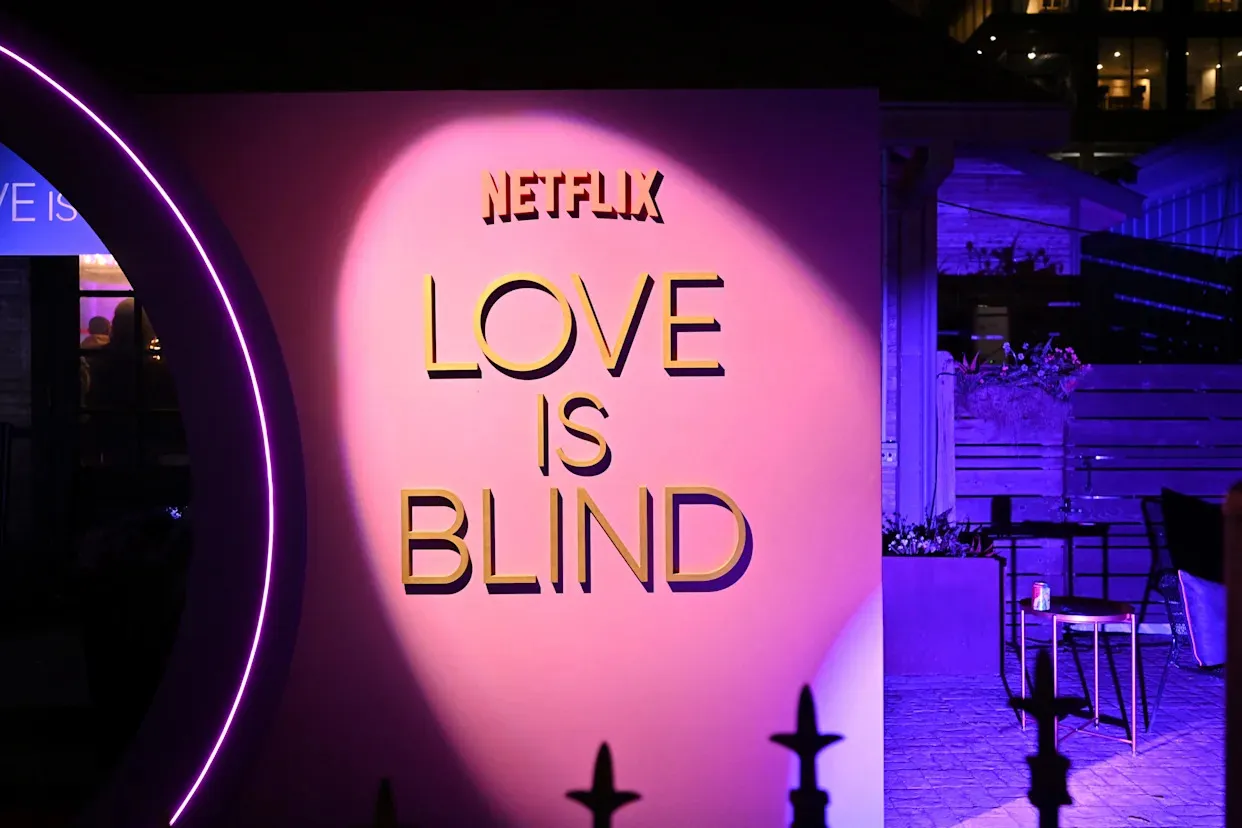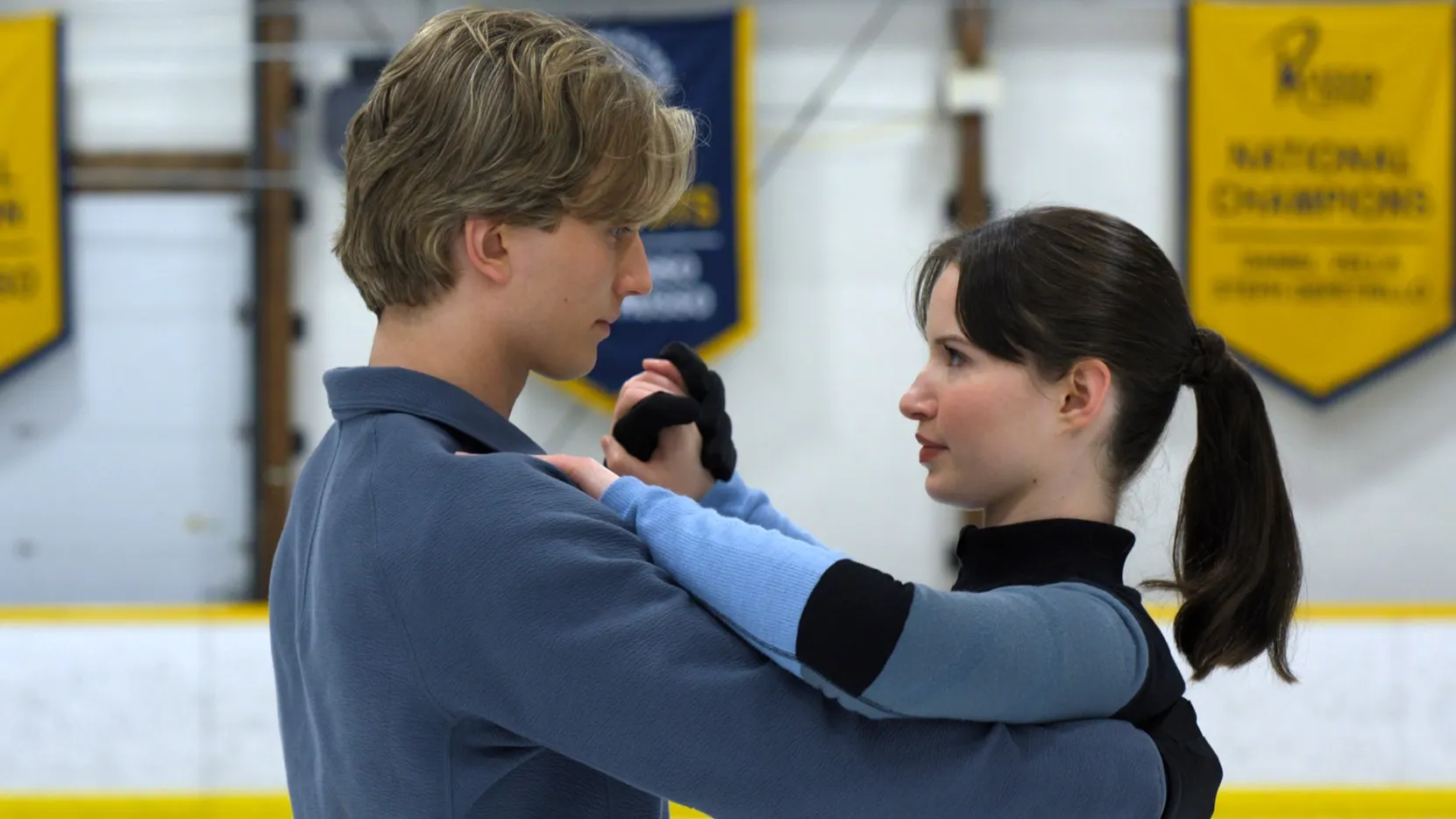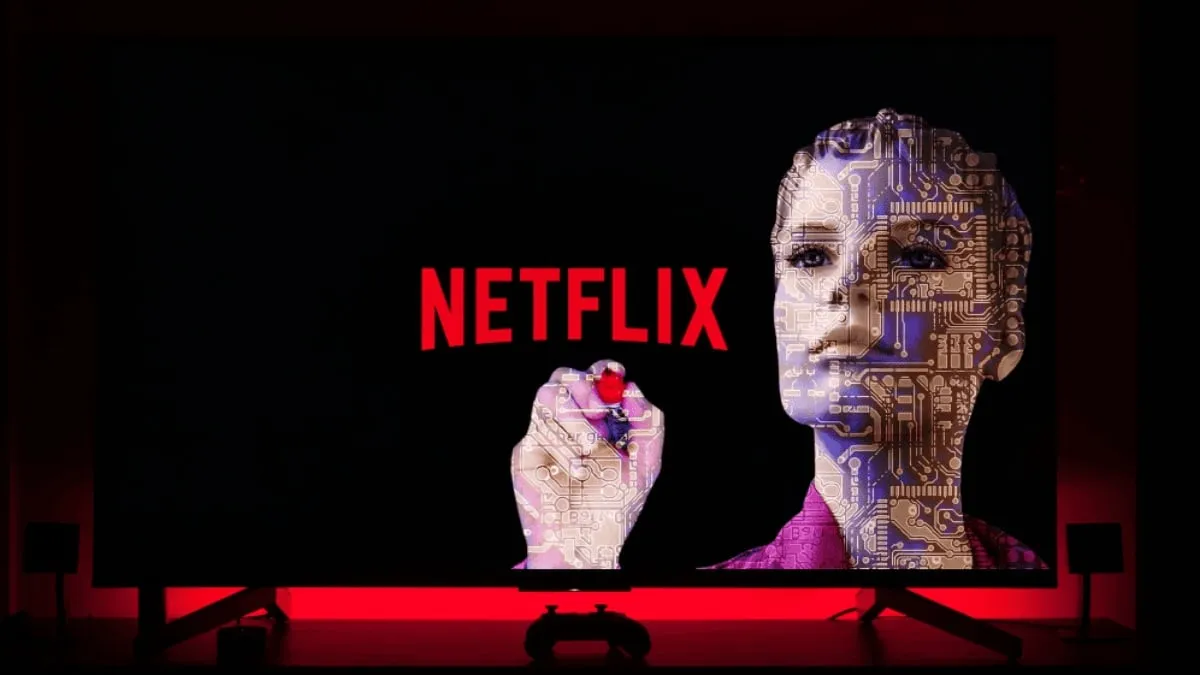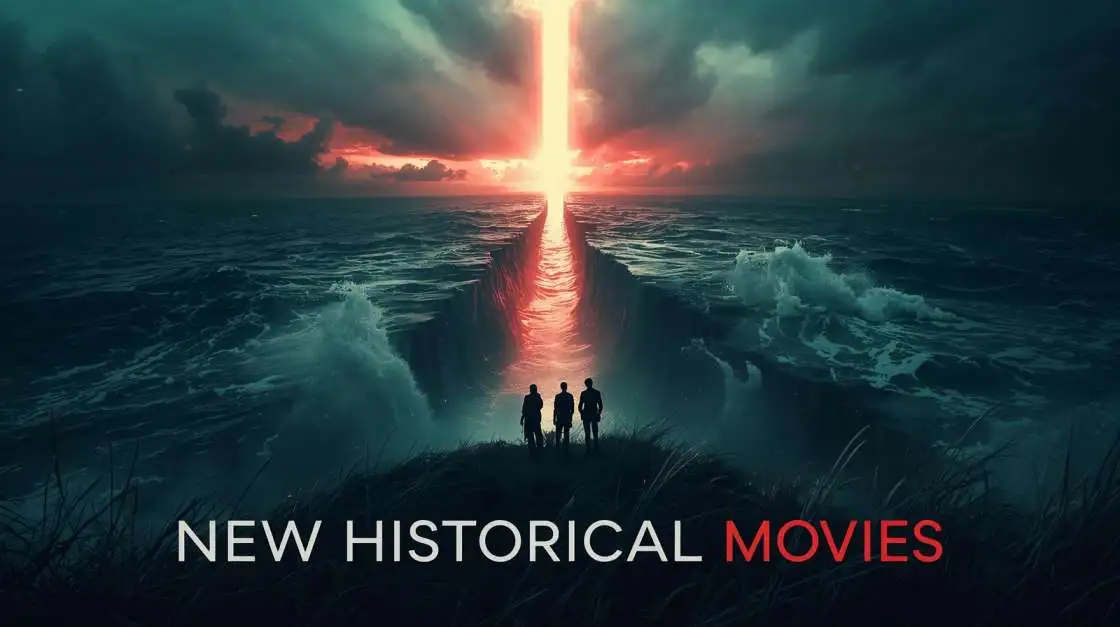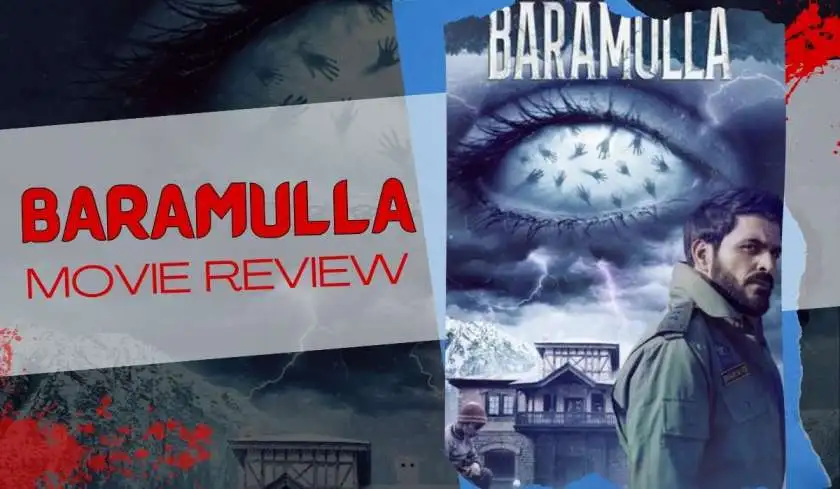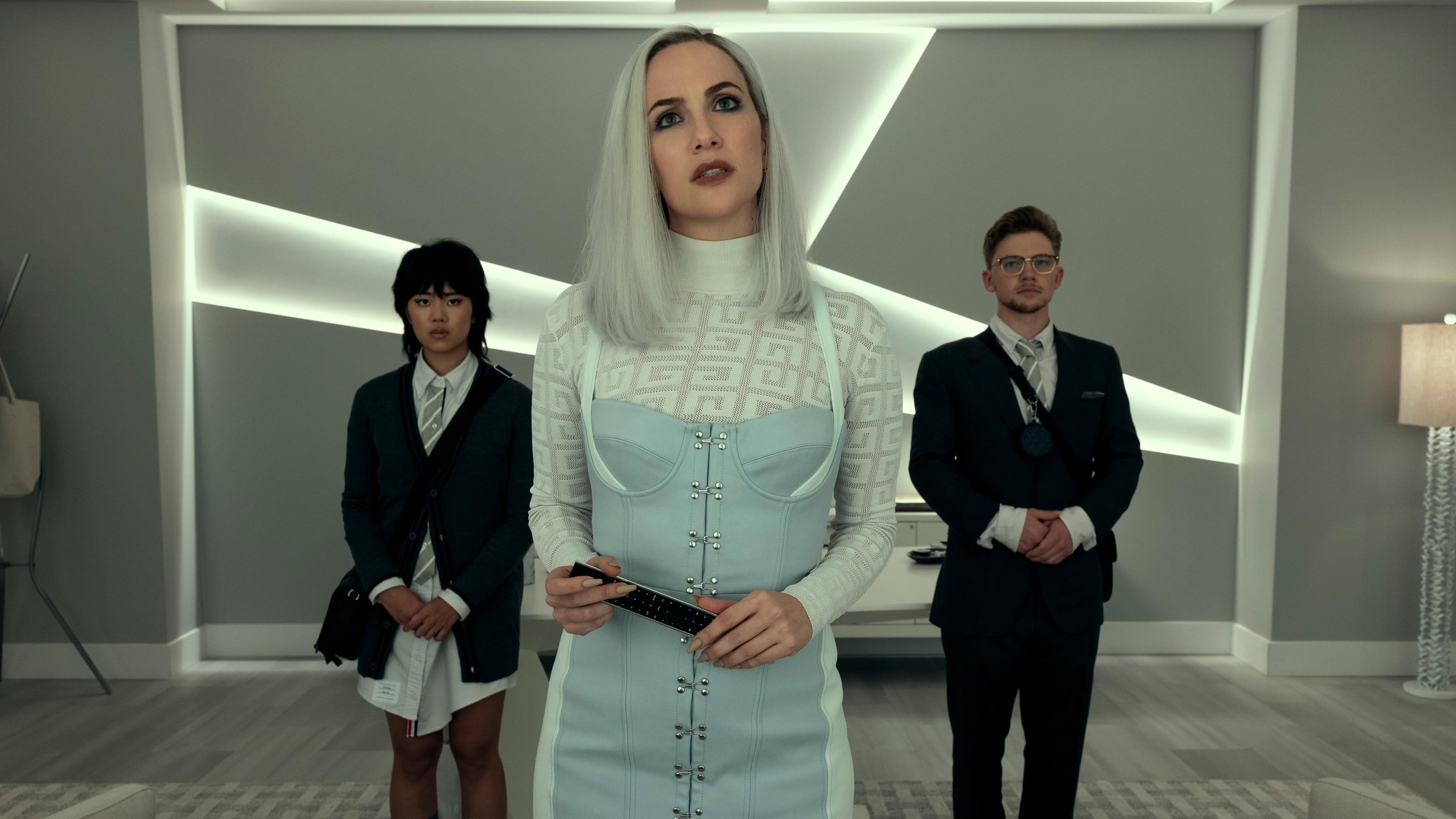
There were plenty of scares, plenty of violence, and plenty of other stories leading up to the final episode of "The Fall of the House of Usher," writer-director Mike Flanagan's latest horror limited series on Netflix. However, some things still need to be resolved for the series, based on the collected writings of Edgar Allen Poe, to truly come to fruition. And luckily for us, all of this comes true and so much more.
The setting of The Fall of the House of Usher is simple and classic. The first episode of the series sets the scene: Roderick Usher (Bruce Greenwood), patriarch of the rich, famous and powerful Usher family and CEO of the morally corrupt Fortunato Pharmaceuticals company, has just watched his six children die. For a week he is prepared to make his “confessions” (whatever that means) to his old rival C. Auguste Dupin (Carl Lumbly), an assistant US attorney who has been hunting him for decades.
Through this scenario (Roderick tells stories to Dupin) we learn almost everything that has happened so far. We learn of the violent and untimely deaths of each of Roderick's children, whether at the hands of Annabel Lee (Katie Parker) or at the hands of "bastards", and how in each case it was their failure that led to their deaths. Through a series of flashbacks, we also learn how Roderick (played in his younger form by Zach Gilford) rose to power within Fortunato, at the behest of his cold, false sister Madeline (played by Mary McDonnell and Willa Fitzgerald).
As we near the end of "The Fall of the House of Usher," after learning of Frederick's (Henry Thomas) horrific death in The In the penultimate episode we learn that we seem to have finally arrived at the present, where Roderick is sitting, drinking expensive brandy and talking to Dupin. But things are not always what they seem; The final episode takes us through everything that remains and brings us full circle.
This includes some of Roderick's hallucinations and childish beatings throughout the season. House (who she keeps saying is Madeline and who Dupin never asks her about for some reason) and why exactly all this is happening.
Who is Verna in The Fall of the House of Usher, really?
Even before the final episode of “The Fall of House Usher,” it's clear that Verna (Carla Gugino) is not an easy person. Exactly who (or what) she is is never fully defined. But Verna (which, note, is an anagram of RAVEN) represents some sort of demon or force from another adjacent world, a harbinger of death who exists only to tempt the ethics and morality of those who need proof and test.
She is the first person waiting at the bar when Roderick and Madeline come to our house on New Year's Eve 1979, and we don't know what's going on between them, but we know that they are nervous about something. Verna continues to appear later in the series, more than 40 years later, still on the same day she met her. She's a shapeshifter who knows everything and always lets the Usher children know exactly what the universe needs to know about them before time runs out.
One look interesting thing about Verna is that she physically appears in these places; Roderick, Madeline and lawyer and fixer Arthur Pym (Mark Hamill) find them in photos that not only come from the present, but are centuries old and still look exactly the same. Roderick refuses to believe it, but Madeline knows that her past is coming back to her.
What deal did Verna make with Roderick and Madeline and why? Will this lead to the death of the entire Usher family?
The final episode finally reveals what Roderick and Madeline have been up to (and what they were running from). this years. There is ). and how they met. he was engaged to Verna for the first time.
After a series of episodes in which young Roderick, Annabel Lee and Madeline planned to collaborate with Dupin to bury Fortunato . (where an ambitious Roderick worked in the post office) and its dim-witted CEO Rufus Griswold (Michael Trucco) due to forged signatures and other concerns, Roderick turned against Dupin. During his testimony, he contradicted his statements and instead claimed that Dupin was harassing him, that Fortunato had done nothing wrong and that his signatures had never been forged.
"Early in his life, he talked to someone who promised him an effortless life in exchange for something he didn't believe could happen," said Bruce Greenwood, who plays Roderick, in Tudum on Netflix. "And now he's coming home."
Read More: Who Is Erin Carter? On Netflix It Is The Program
How did Lenore, Madeline and Roderick die?
Perhaps the saddest part of the ending of The House of Usher means that Lenore Usher (Kyliegh Curran), who Roderick has repeatedly stated throughout the series as "the best of the Ushers" and perhaps the only morally good person in the entire family, must also die in the bargain, which Roderick and Madeline struck many years ago. She is part of that lineage.
“There are many things about my job that I love, but there are moments like this that don't bring me joy,” Verna said She is in her room after a conversation in which Lenore told Roderick that it was not too late to use the generosity of Fortunato and the family for good. Remember, Lenore still had that spiritual purity after watching her mother burn just a inch of her life with acid (thanks to Prospero's idiotic orgy) and then being tortured by her father, who had just brutalized her in an act of ridiculous outrage, and being killed in Accident.
Before committing suicide (peacefully, without pain), Verna talks to Lenore about the future: her mother Morella (Crystal Balint) will heal to recover... And under her name she founded a non-profit organization, the Lenore Foundation, which has helped save countless lives over the years.
This death represents an important turning point; During the conversation between Roderick and Dupin, he notices that she does not respond to the text messages she receives from her nephew. But is she dead? Correct. As you may recall, Madeline's plan was to turn Fortunato into a technology company, and one of her main projects was artificial intelligence. An awareness that arises from the analysis of people's social media posts and beyond. It was her Lenore's robot sending a text message to Roderick... but it was a bug. In a direct homage to Poe's most famous work (and why don't we just call it "LENORE"?!), A.I. Lenore continued to text Roderick with variations of, you guessed it: "Never again."
Only two guardians remained: those who were together came into the world. and she had to go too. While Madeline tried to defeat the system by tricking Roderick into taking an overdose of her own medicine, Fortunato, Verna would have none of it. So Roderick invited Madeline to drink at her childhood home, where her mother died (and she was resurrected only to strangle a man before dying). And they talked and talked and talked.
And one thing became perfectly clear to them as they talked? Although Roderick clearly felt great remorse for the collateral damage his successes had caused over the years (Verna had specifically shown him the deaths he was responsible for), Madeline felt no remorse. They instead blamed “consumers,” people whose lives are made worse by consuming the products they (and others) offer. So, at least in this case, Roderick had no regrets. Not when he drugged Madeline's drink like she had drugged Griswold's years before, and not when he gouged out her eyes and mummified her with the sapphires she treasured during her time on this earth .
Except she…she wasn't dead. We've felt these punches throughout the series, and just like Mama Usher, when Roderick and Madeline were children, Madeline wasn't as dead as she first seemed. He emerged from the ground and strangled Roderick as a storm began to destroy his childhood home, just as Dupin left the house in time.
And within moments, The Usher house was nothing more than a pile of wood and stones in a field as Dupin, almost unable to understand what he had just seen, looked on.
Read More: 'Love At First Sight' Ending Explained & Film Summary
What happened to Arthur Pym?
One of the most interesting and confusing issues of the finale is how Arthur Pym's story ends. Over the course of the series, Arthur, who is not a nominal Usher but is as important to the family as anyone else, proves to be as funny as he is mysterious; Roderick credits his journey on the Transglobe Expedition (a real thing that happened between 1979 and 1982!) for what makes it so mysterious, terrifying, and, yes, useful and powerful.
It's coming back with full force. Even though we've all discovered that Verna isn't quite human, Arthur traps her in Usher's childhood home and "kills" her in a scary, quick, transactional way (that reminded me of a scene from Michael Clayton). For a moment, there's some confusion: Did she just... kill her?
But no. Verna has almost as much respect for Arthur (which, considering he's the devil, is pretty great), and she enjoys watching him do what she does. Just as she knew of Roderick and Madeline's misdeeds, she also knows of Arthur's (and the others') misdeeds during this expedition. She refers to some "friendly fire" on her part and alludes to the gang rape (which he was not involved in but did nothing to stop). It's scary stuff, and Arthur finally gets to the real question: What does he want?
And then Verna makes Arthur essentially the same offer she made him. To the bailiffs: Give me something precious and I will protect you from any harm that may come to you. Arthur thinks about it and respects Verna as much as she respects him. There are actually two evil powers here! But in the end, Arthur doesn't give up because he has no family or loved ones. He has chosen to live his life as he has for 70 years and will no longer violate his moral code. Verna respects his decision and leaves him at his time.
After the deaths of Roderick and Madeline, Arthur is accused of numerous crimes committed to cover it up , and even more so for Fortunato; Dupin's story makes it clear that he is the only one convicted in this case (because everyone else is dead) and that he will spend the rest of his life in prison.
What did the very end of The Fall of the House of Usher mean?
At the end of "The Fall of the House of Usher," we tie up all the loose ends: Arthur goes to prison, Fortunato retires, and Juno (Ruth Codd) takes over and converts the remaining funds into a foundation. . to help people overcome opioid addiction, and Dupin and his family leave peacefully.
As the camera follows Dupin to Usher's grave , Verna is dressed in black and transforms from “human” to raven – (VERNA-RABE, remember?). At the end of the show, he uses the words from Poe's poem "The Spirits of the Dead" and places on each Usher's grave an object representing their downfall: a mask for Prospero, an iPhone for Camille, a cat collar for Leo, a mechanical heart for Vic, a gold scarab for Tamerlan, a bag of cocaine for Frederick, a raven feather for Lenore, sapphires for Madeline, and a cup (the same cup he initially botched the deal with) for Roderick.
Poe described the raven in his poem of the same name as a symbol of "dark and infinite memory"; Whenever the central narrator of this story remembers her long-lost love (named Lenore), she searches for peace everywhere and in every sign. And in response she hears nothing other than the crow arriving in her office: “Never again,” she repeats. He will feel this pain forever, Poe's writings suggest, and this thought haunts the story's narrator.
Roderick Usher, let him go, whether he felt it or not , he lived a life of wealth and abundance, but at the end of his life he felt only longing and loss for the pain he caused, as important as the deaths he caused. she is responsible in the world, but as close as she is to this innocent niece, she was born and had to die so young because of a selfish decision she made years ago.
At least by the end of the series, this curse is over. . This pain of “never again” will no longer be felt at this moment.
